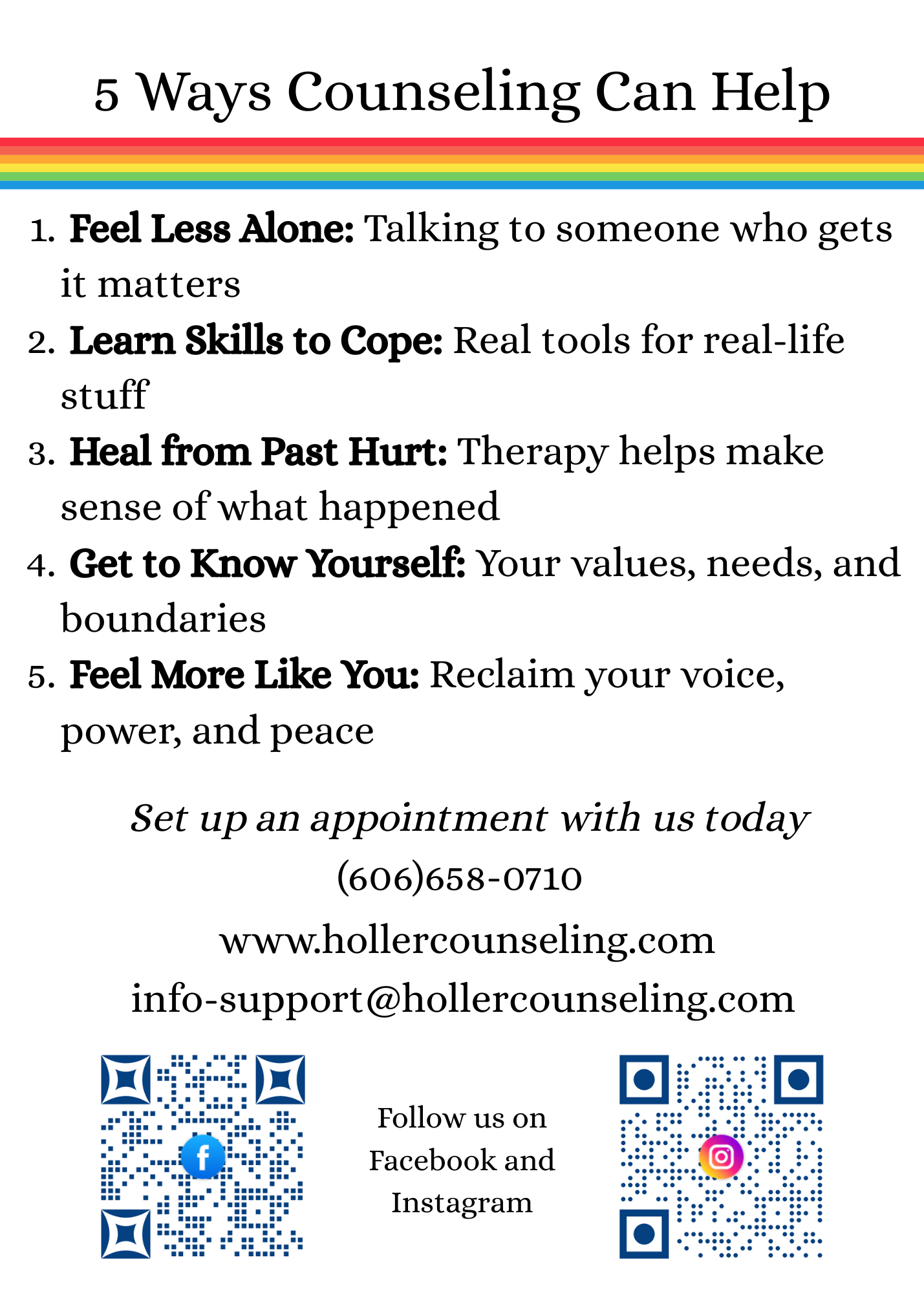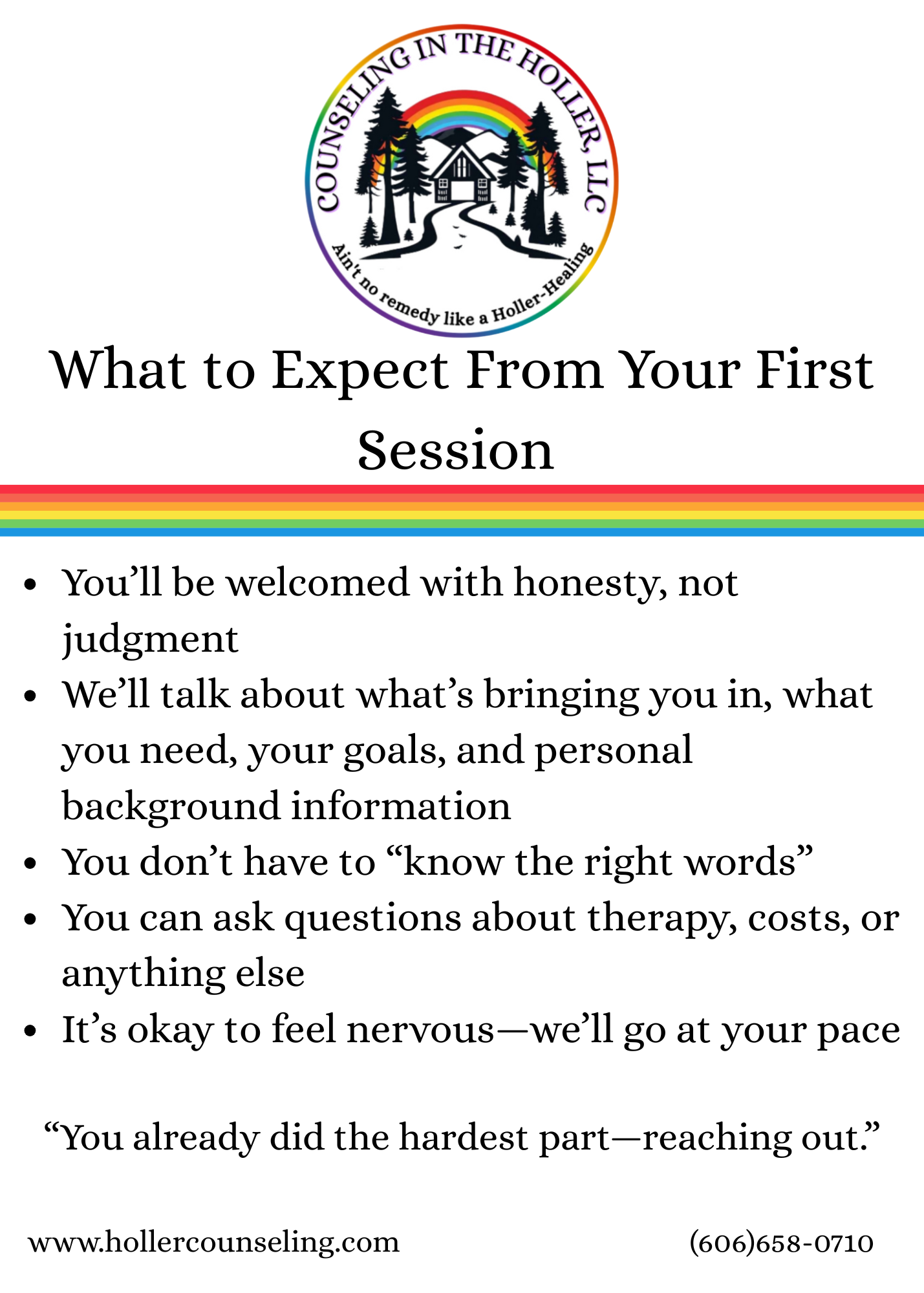Creating a Safe Space: How to Make Therapy Work for You
Therapy is a powerful tool for personal growth and emotional healing. Whether you are dealing with trauma, managing anxiety, navigating addiction recovery, or simply seeking to better understand yourself, therapy can provide the support and insight necessary to make lasting changes. However, for therapy to truly work, it’s essential to create a safe, trusting, and open environment. That environment starts with you—the client. Knowing how to prepare for therapy, address concerns, and maximize the benefits of each session can make a significant difference in the therapeutic process.
In this blog, I’ll explore practical steps you can take to make the most of your therapy sessions, how to overcome common concerns, and why trust, consistency, and openness are key to your success.
Preparing for Therapy: Setting the Stage for Success
Preparation is one of the most important aspects of making therapy work for you. Before you walk into a session, think about what you want to achieve. What brought you to therapy in the first place? What are the areas in your life that you’d like to focus on or improve? Having a clear sense of your goals can guide the therapeutic process and provide you and your therapist with a roadmap for your work together.
Tips for preparing for therapy:
Write Down Your Thoughts: If you’re unsure about what to talk about, writing down your thoughts, feelings, and experiences before your session can help you organize your emotions. This also gives you a chance to reflect on things that might not come up in conversation naturally.
Set Realistic Expectations: Understand that therapy is a process, not a quick fix. You may not feel better after just one session. It’s important to approach therapy with patience, allowing time for growth and healing.
Reflect on Your Progress: After each session, take a few minutes to reflect on what you’ve learned or discussed. This will help you track your progress and feel more connected to your therapeutic journey.
Overcoming Common Concerns: Dealing with Nervousness and Uncertainty
It’s completely normal to feel nervous or unsure before starting therapy, especially if you’re unfamiliar with the process. You might feel uncertain about opening up to a stranger or worry about what will happen during the sessions. Here are some common concerns and how to address them:
Feeling Nervous: It’s common to feel anxious before your first therapy session. Remember that your therapist is trained to help you feel comfortable, and their role is to listen without judgment. If you feel nervous, it can be helpful to tell your therapist how you’re feeling at the start of the session. This opens the door for them to create a supportive environment.
Fear of Being Judged: Many people fear that their therapist will judge them or think poorly of them. It’s important to remember that therapists are non-judgmental professionals who are there to understand and help you. The therapeutic space is a safe environment where you can express yourself freely.
Uncertainty About Therapy’s Effectiveness: Some people worry that therapy won’t work for them or wonder if it’s worth the time and money. While therapy can be challenging, research shows that it can lead to positive outcomes in many areas, such as reducing symptoms of depression and anxiety, improving coping skills, and enhancing overall emotional well-being. Consistency and commitment are key to seeing results.
Building Trust: The Foundation of Successful Therapy
Trust is the cornerstone of any successful therapeutic relationship. For therapy to be effective, you must feel safe enough to share your true thoughts and emotions. This may take time, especially if you’ve been through difficult experiences in the past or have trust issues.
Ways to build trust with your therapist:
Be Honest and Open: Trust your therapist with the truth about what’s going on in your life. The more open and honest you are, the better equipped they will be to support you. If you feel nervous or hesitant to talk about certain topics, let your therapist know. They can help ease you into difficult conversations at your own pace.
Give Feedback: If something doesn’t feel right during your sessions, such as the therapist’s approach or the topics discussed, it’s important to speak up. Providing feedback can help tailor the therapy to your needs and build a more trusting relationship.
Allow Time for Building Rapport: Building trust doesn’t happen overnight. Give yourself and your therapist time to develop a strong rapport. The more you engage in the process, the more comfortable and safe you will feel in your sessions.
Openness: Sharing Your Feelings and Experiences
Openness is another essential component of making therapy work. While it might be difficult to open up about certain topics, especially if they’re painful or vulnerable, sharing your experiences is critical for understanding and healing. Therapy is a space where you can express yourself freely, without fear of judgment.
How to foster openness in therapy:
Start Small: If you find it difficult to talk about deeper issues, start by discussing less sensitive topics. This can help you build comfort and confidence in sharing more over time.
Be Vulnerable: It’s natural to want to protect yourself from difficult emotions, but being vulnerable in therapy can lead to profound growth. The more you allow yourself to be vulnerable, the more you can heal from past traumas and challenges.
Embrace the Process: Therapy is not a place where you need to have everything figured out. It’s okay to come in without all the answers. The process itself is designed to help you explore your thoughts, feelings, and experiences in a supportive and non-judgmental environment.
Consistency: Staying Committed to Your Therapy Journey
Consistency is crucial for progress in therapy. Regularly attending sessions allows you to build momentum and gain deeper insights into yourself. It’s important to stay committed, even when it gets tough.
Steps to stay consistent:
Schedule Sessions Regularly: Consistency is key to seeing results. Try to schedule sessions at regular intervals to ensure that you continue making progress. Cancelling or rescheduling sessions can disrupt the process and make it harder to stay focused.
Practice Between Sessions: Many therapists will give you “homework” or suggest exercises to complete between sessions. These tasks are designed to help you reinforce what you’ve learned and apply it to your daily life. Taking this time seriously can accelerate your progress.
Keep an Open Mind: Therapy can bring up uncomfortable emotions or insights that challenge your current way of thinking. It’s important to remain open to new perspectives and approaches, as growth often happens outside of your comfort zone.
Conclusion: The Power of Therapy
Therapy can be transformative, but it requires a willingness to engage, be open, and stay committed. By preparing for sessions, overcoming nervousness, building trust, fostering openness, and staying consistent, you can make the most of your therapeutic experience and create lasting change in your life. Remember, therapy is a journey—one that requires patience, self-compassion, and a strong belief in the possibility of healing.



